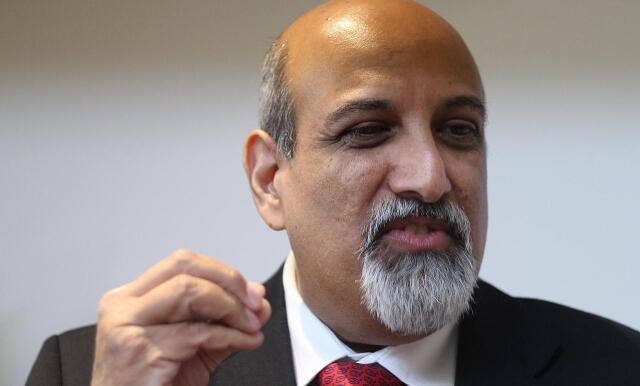SA recorded 9,149 new cases of the coronavirus on Thursday, the highest number of daily infections since January.
SOUTH MAfrica recorded more than 9,000 new cases of the coronavirus on Thursday, the highest number of daily infections since January.
However, health expert, Professor Salim Abdool Karim says the country should expect the numbers to go even higher in the coming weeks.
On Thursday, the National Institute of Communicable Diseases (NICD) confirmed that the country had technically entered the third wave of the coronavirus pandemic because of the seven-day moving average of cases exceeding the threshold set by the Health Department.
The NICD says the case positivity rate stands at 15.7% – which is more than three times what is considered acceptable.
Speaking to the SABC, Prof Karim said the real current rate of infections is probably twice what is being reported and that the latest data is actually a reflection of what happened well over a week ago.
“We have known that for the last three weeks, when we breached the threshold.
“Once we breached the threshold it is very difficult to slow the virus down.
“It is going to increase and we know this from our first and second waves that the virus will grow in one or two provinces initially from then it cedes to other provinces.
“So we should be expecting that in the next two weeks cases would rapidly rise,” said Karim.
According to NICD, the national 7-day moving average incidence (5,959 cases) now exceeds the new wave threshold as defined by the Ministerial Advisory Committee.
The advisory committee defines the new wave 7-day moving average threshold as 30% of the peak incidence of the previous wave.
The majority of new cases today are from the Gauteng province (61%), followed by the Western Cape (10%) province.








